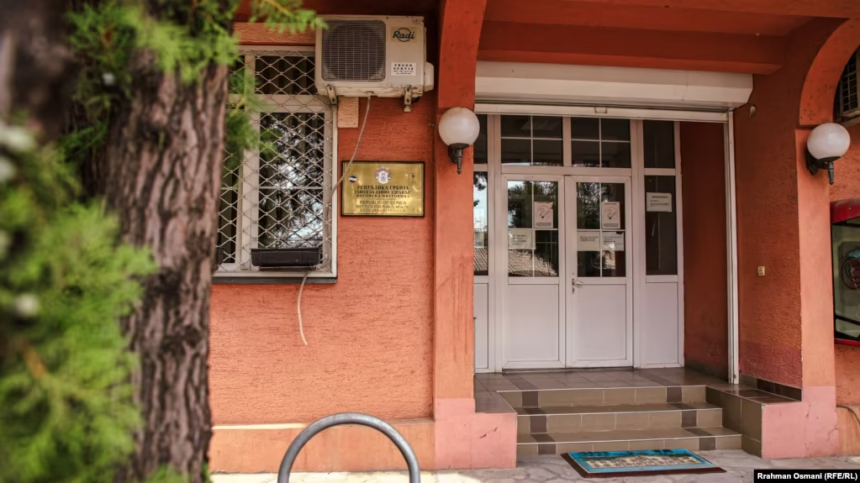Serbia’s Ministry of Health has extended the deadline to January 15 for selecting new employees in its healthcare institutions operating in Serb-majority areas in Kosovo. The decision comes one month before new parliamentary elections, prompting reactions from several Serb political parties in Kosovo that recently won municipal seats in the October local elections.
The hiring process concerns several hundred new job positions, previously announced by Serbia’s President Aleksandar Vučić ahead of Kosovo’s October 12 local elections. At that time, Vučić emphasized Serbia’s commitment to supporting the Serb community in Kosovo.
The deadline extension is now being justified by the high number of applicants.
Official Belgrade’s support, however, extends solely to Srpska Lista, which dominated the local elections in all ten Serb-majority municipalities and secured nine out of ten parliamentary seats reserved for the Serb community in the February national elections.
Kosovo will hold new extraordinary parliamentary elections on December 28, after Vetëvendosje — the party that won the most votes in February but failed to form a government — did not receive backing from other political groups.
As a result, the extended deadline for healthcare hiring will overlap with the election campaign period.
The political group Serbian Democracy, led by Aleksandar Arsenijević, condemned the decision, urging healthcare leaders to stop acting based on party orders and pre-election calculations, and to prioritize the interests of their community.
The director of the Clinical Hospital Center in North Mitrovica is Zlatan Elek, chairman of Srpska Lista, while members of the party hold leadership positions in other healthcare institutions as well. For example, the director of the Health Center in Gračanica, Mirjana Dimitrijević, was a Srpska Lista parliamentary candidate in February.
Serbian Democracy noted that this is not the first time citizens have been “misled in order to support Srpska Lista leadership”, citing repeated patterns of promises, pressure, and manipulation.
Ahead of the February parliamentary elections, Serbia had also announced job openings in Kosovo’s healthcare sector, which were later canceled following protests over “non-transparent” and politically-driven hiring.
Such scenarios are common in nearly every election cycle, with Srpska Lista often promising jobs, housing, or other benefits financed by Serbia’s budget.
Milija Biševac, leader of the Serbian People’s Movement, also criticized the extension, claiming job positions are being used as an “instrument to pressure voters”, often benefiting relatives or “loyalists” of Srpska Lista.
The Kosovo Union led by Goran Marinković also reacted, calling the move an “abuse of the people.”
According to Eugen Cakoli of the Kosovo Democratic Institute, Serbia’s illegal institutional activities in Kosovo have clear political implications during the pre-election period. He stated that the timing raises suspicion of a coordinated attempt to influence voters.
Kosovo’s acting Prime Minister Albin Kurti accused Serbia in October of meddling in Kosovo’s local elections by promising jobs and financial incentives.
He called on the European Union to condemn Serbia’s interference and to impose sanctions.
The EU did not directly address these accusations but stressed that all citizens must be able to vote freely, without external interference or manipulation.







